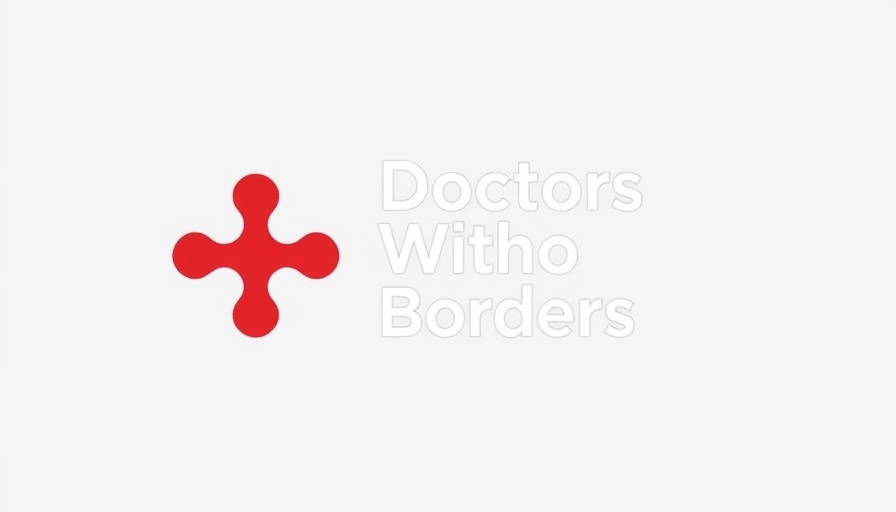
Why Healthcare Inequality Is Highlighting A Divided Society
In South Africa, the fundamental principle of healthcare for all faces mounting challenges. Recent events underscore a growing disparity in how foreign nationals are treated within the country’s healthcare facilities. This situation has alarmed major organizations like Doctors Without Borders (MSF), which has called attention to the disturbing trends in healthcare accessibility. The situation illustrates a more extensive societal rift, with factions lining up to either support or condemn the treatment of these vulnerable populations.
Doctors Without Borders Steps In
With the healthcare system under pressure, MSF Southern Africa has expressed grave concerns about what they label an escalating crisis. Claire Waterhouse, the operational support unit head, articulated these worries during a recent interview with eNCA. The humanitarian organization emphasizes that equitable healthcare is not just a fundamental right but a necessity for social cohesion. Their intervention signals a need for inclusive healthcare policies that recognize the needs of all citizens, regardless of origin.
The Role of Technology in Addressing Medical Inequities
Ironically, while the discourse surrounding healthcare accessibility grows more polarized, technological advancements in healthtech offer pathways to resolve some systemic issues. From telemedicine to AI-driven data analytics, new solutions can improve service delivery in underserved areas. Augmented reality (AR) and machine learning can also aid in enhancing patient experiences and optimizing resource allocation, ensuring that aid efficiently reaches the most affected communities.
Future Predictions: Evolving Healthcare Models in South Africa
What does the future hold for South African healthcare in light of these tensions? As we move towards a digital transformation, there's potential for models that prioritize inclusivity. Integrating IoT devices and telehealth systems can pave the way for a more equitable distribution of medical resources. Furthermore, blockchain technology offers opportunities for transparent documentation of healthcare access, ensuring fair treatment for all individuals regardless of their nationality.
Understanding the Social Impact of Healthcare Inequality
Healthcare inequality does not merely affect physical wellbeing; it has deep emotional and social ramifications. Citizens witnessing the unfair treatment of others may feel disenfranchised, leading to broader societal unrest. To rebuild trust, officials and healthcare providers must communicate openly the efforts they are making toward inclusivity. Highlighting success stories and positive outcomes can restore faith in the system and foster a more unified community.
A Call to Action: Why Everyone Must Care
As healthcare issues linger and evolve, it's imperative that professionals from various sectors take a stand. Collaboration across businesses, public service, and nonprofits can drive necessary reforms to ensure everyone has access to quality healthcare. By leveraging digital platforms and innovations, stakeholders can more effectively tackle the prevalent disparities. The future of equitable healthcare relies not solely on policy changes but also on the transformation of individual perspectives within societies.
Engagement from business leaders and policymakers is crucial. We must ask ourselves: how can we, as a community, forge partnerships that promote inclusivity within healthcare? The answers may very well lie in combining our efforts and applying technology to bridge the gaps that currently exist. Start discussions in your communities or organizations about what can be done.
 Add Row
Add Row  Add
Add 




Write A Comment